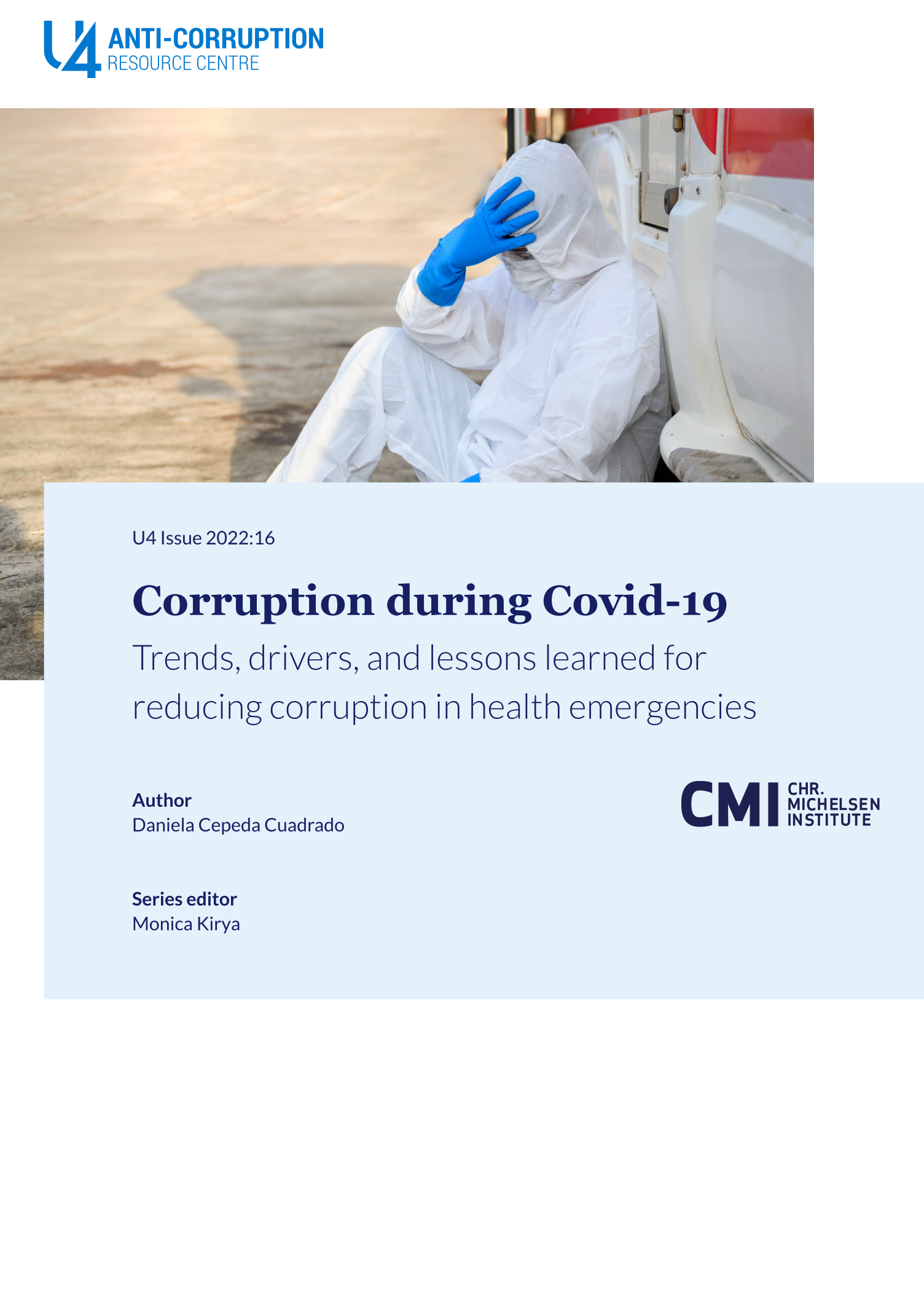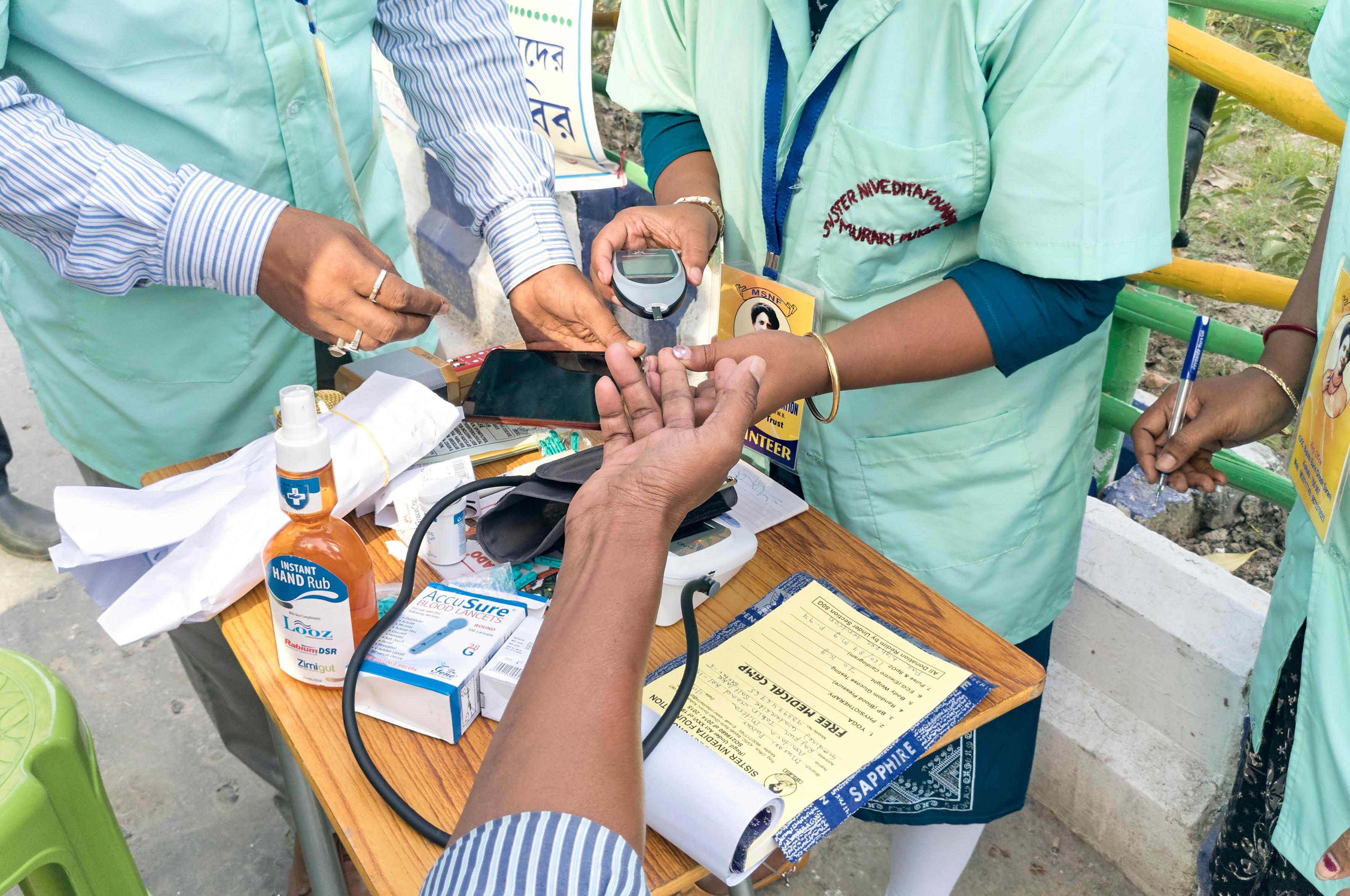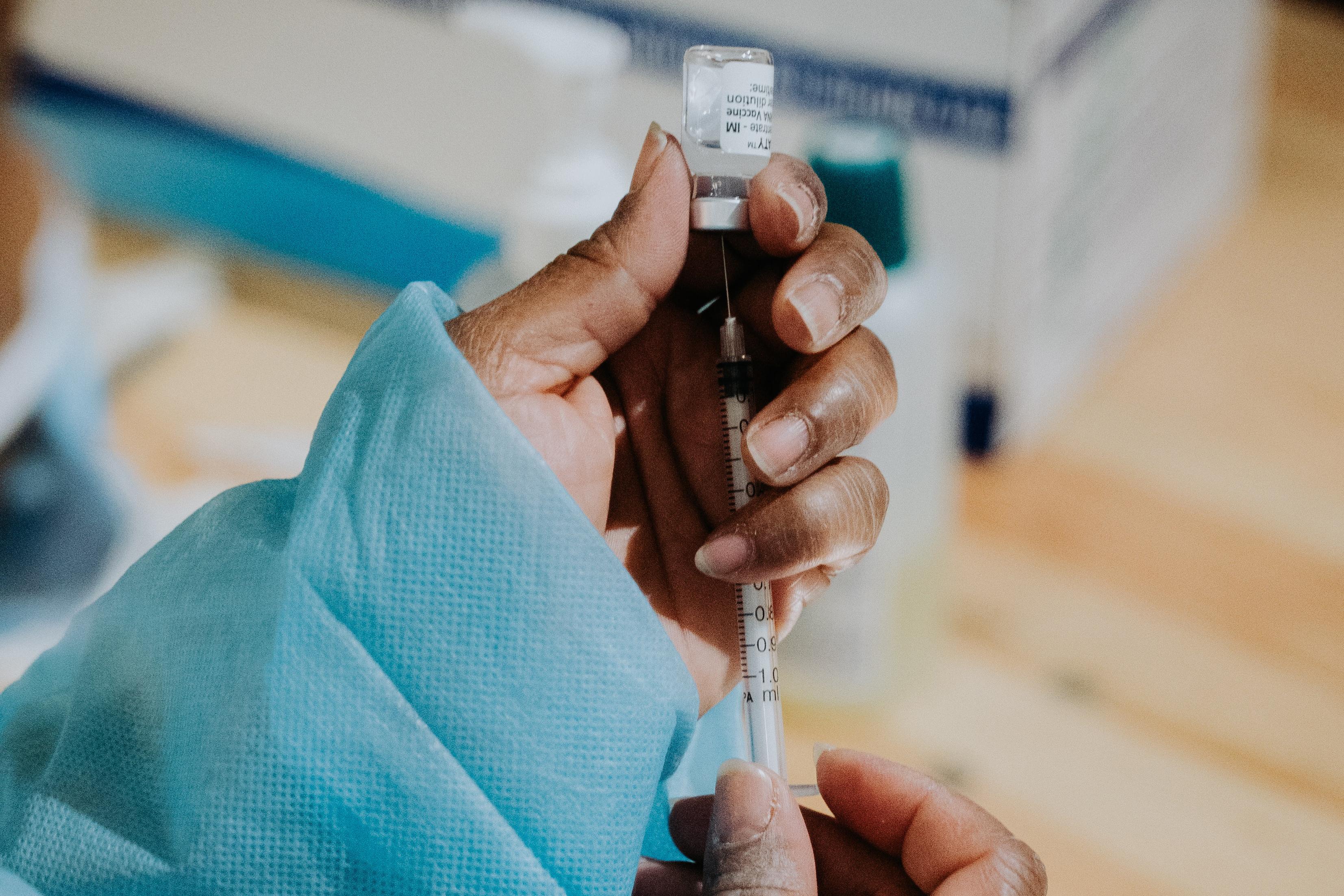Main points
- The global response to Covid-19 is far from over. Governments have allocated substantial resources to address the crisis and will continue to do so as the virus evolves and causes periodic flare-ups of infections and deaths. These resources have been and will continue to be vulnerable to corruption, with deleterious effects on the world’s most vulnerable people.
- Between December 2020 and October 2022, there was a wave of Covid corruption-related incidents across service delivery; health financing; governance and leadership; medical products, vaccines, and technologies; health management information systems; and human resources.
- Worldwide trends included different forms of petty corruption at the point of service delivery, procurement corruption, embezzlement and mismanagement of funds, state capture, the expansion of black markets and proliferation of substandard and falsified medicines, data manipulation and misuse, and corruption in health workforce governance, recruitment, and management.
- There were several economic, political, and social drivers that enabled corruption to infiltrate and compromise governments’ responses to Covid-19. While these existed across the world, they placed a heavier burden on the already-strained health systems in developing countries.
- Inequality in healthcare access left marginalised groups more vulnerable to Covid corruption. Their experiences included being victims of bribery, overcharging, sextortion, and having to make other informal payments in exchange for healthcare services, including Covid care. They also experienced limited access to quality medicines and were more prone to acquiring substandard and falsified medical products on the black market.
- Covid corruption had an acute impact on women, because of gendered power differentials and the large role they play in providing care for their families. Additionally, women were continuously underrepresented in decision-making bodies, despite occupying a large share of the service industry and the informal economy.
- There were several local, national, regional, and global initiatives to address Covid corruption. These efforts, while commendable, were successful only when they focused on integrating contextual factors in their design and implementation, and set to address systemic gaps in integrity, transparency, and accountability.
- These experiences with Covid corruption should provide key inputs for local, national, and global health policymakers shaping responses to future pandemic and other health emergencies. This report recommends enhancing transparency in decision-making at the district, national, and global levels; integrating a gender perspective in health emergencies-related anti-corruption initiatives; strengthening public financial management and ensuring the independence of audits; digital civic engagement when public space is constrained; strong data governance; and investing in strategies to support health workers and minimise drivers of functional corruption, as well corruption engendered by social norms.



